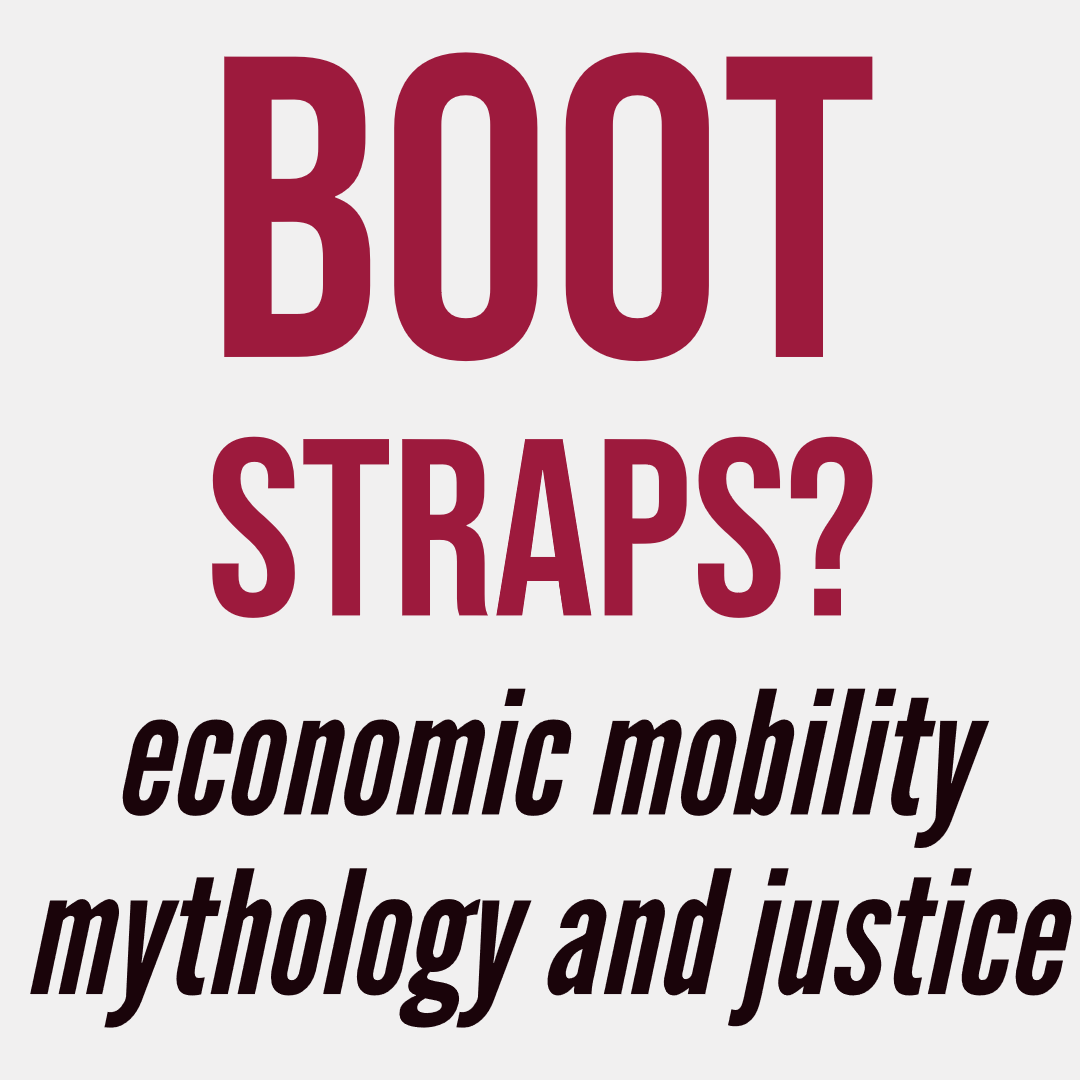 Grueling tests and successful completion initiated the process and ultimately my acceptance into The New York State Police’s Elite Mobile Response Team (SWAT). Many failed to join the ranks. I was the first and for many years the only member of color on this team. As an Afro-Caribbean Taíno Indian, I was navigating the complex world of the New York State Police during a time when they were forced to hire “minority males” and females of any ethnicity. There were many instances of blatant discord in the ranks, but one snowy afternoon in the winter of 1989 confirmed the truth: A federal order does not change the culture of an organization or the people within its leadership.
Grueling tests and successful completion initiated the process and ultimately my acceptance into The New York State Police’s Elite Mobile Response Team (SWAT). Many failed to join the ranks. I was the first and for many years the only member of color on this team. As an Afro-Caribbean Taíno Indian, I was navigating the complex world of the New York State Police during a time when they were forced to hire “minority males” and females of any ethnicity. There were many instances of blatant discord in the ranks, but one snowy afternoon in the winter of 1989 confirmed the truth: A federal order does not change the culture of an organization or the people within its leadership.
On my way to a training session at the New York State Police Academy, I approached the corner near the academy’s library where a group of white state police officers were discussing the ills of affirmative action. Before noticing me, the captain and highest-ranking officer in the group said, “It is “f—in’ ridiculous we have to hire them.” Seeing me, he immediately uttered, “Oh, but he’s one of the good ones. He pulled himself up by his bootstraps.”
Many times, I would hear this phrase or some version of it. The full impact of its spirit-crushing blow made me angry. Each time, it was condescending and begrudging praise of whatever I had achieved. How did it become a phrase used to acknowledge those of us who were deliberately and systemically prevented from success but were successful regardless? When I researched its meaning and discovered its origins, I became more incensed. The origin is the “rags to riches” story of individual success without aid from anyone, derived from the perverse mythology of Horatio Alger. The rugged individualist who started with nothing, succeeded without help from others, and ended up very successful did not ring true to me.
Each of us builds on what has existed before. Consider how much we take for granted. The light I use now to write is possible because of electricity, electricity created by generators fueled by coal, natural gas, oil, fissile material, or water; we will never meet or thank the people who drilled, mined, or directed these fuels. Every successful person is helped by the people around them, known and unknown. I am not saying individual effort is not essential, but it does mean we need to acknowledge the social capital someone has shared with us. We all need social capital to succeed.
Another example of social capital is when your friend acts as an employment reference for your child seeking a job. We are social beings and need to create reciprocal relationships built on trust. Some of us have more capital than others and should share with those who have less. Empowerment coupled with accountability is a gracious way of demonstrating courageous equity. An example of courageous equity was aired on CBS’s Sixty Minutes very recently. New York University’s School of Medicine announced that it would cover medical tuition for all its current and future students. “This decision recognizes a moral imperative that must be addressed, as institutions place an increasing debt burden on young people who aspire to become physicians,” the dean of the school said.
Where else might we exercise courageous equity across this nation? Do we truly want America to live up to its glorious goals of “life, liberty, and the pursuit of happiness?” Charlotte has embarked on a great crusade to lift up our most under-resourced communities through its “Leading on Opportunity Report” and Office, as well as the city’s effort to create more affordable housing and greater socioeconomic mobility. We are headed in the right direction.
Pedro Perez, Executive director of Charlotte Family Housing, is committed to social justice and equity. He helps people in poverty gain access to education, sustainable employment, and entrepreneurial opportunities, exemplifying his commitment to equity and social justice. Dedicated to helping those living in poverty, Pedro strives to ensure diversity and inclusion are priorities for every organization with which he works. He rose to the rank of brigadier general in the New York State Police and served as acting superintendent during Governor Spitzer’s and Governor Paterson’s administrations. Pedro made New York State Police history by becoming the highest-ranking Afro-Caribbean Taíno Indian. Throughout his nearly 30-year tenure with this statewide policing agency, he advocated assertively and helped actualize for greater inclusion of minority men and women within its ranks.








